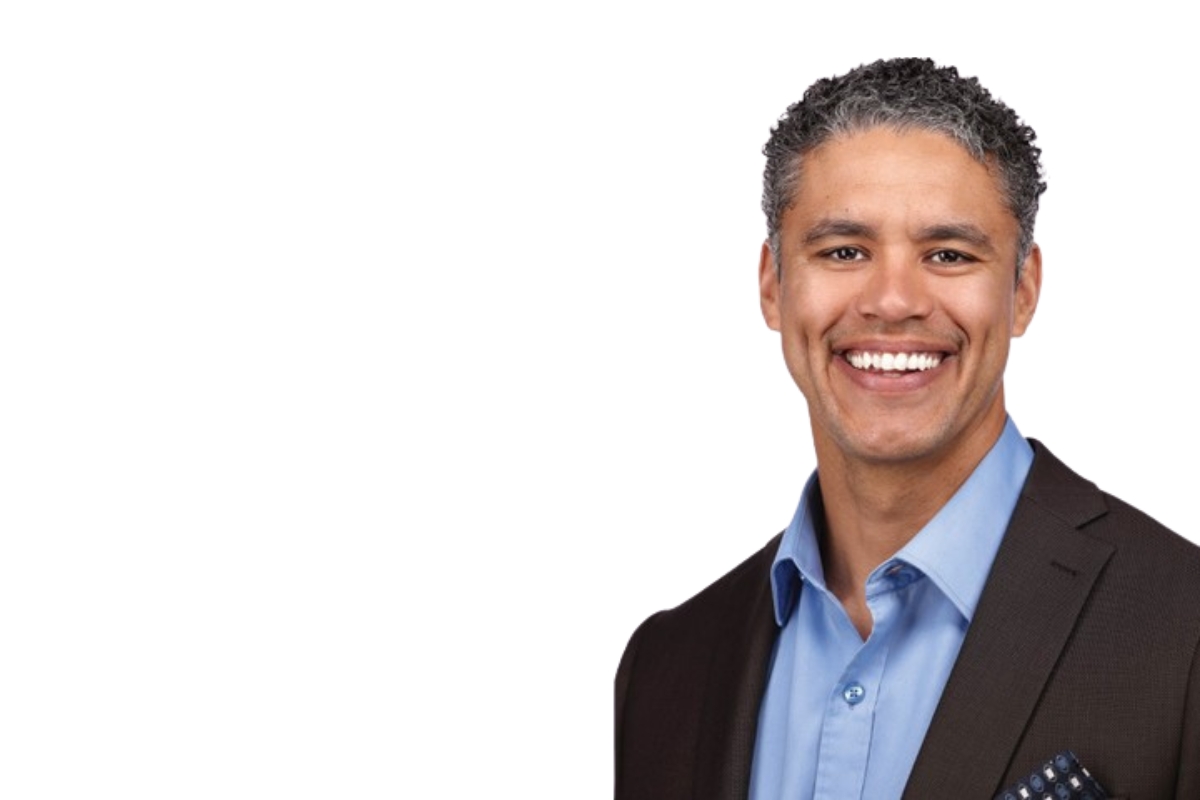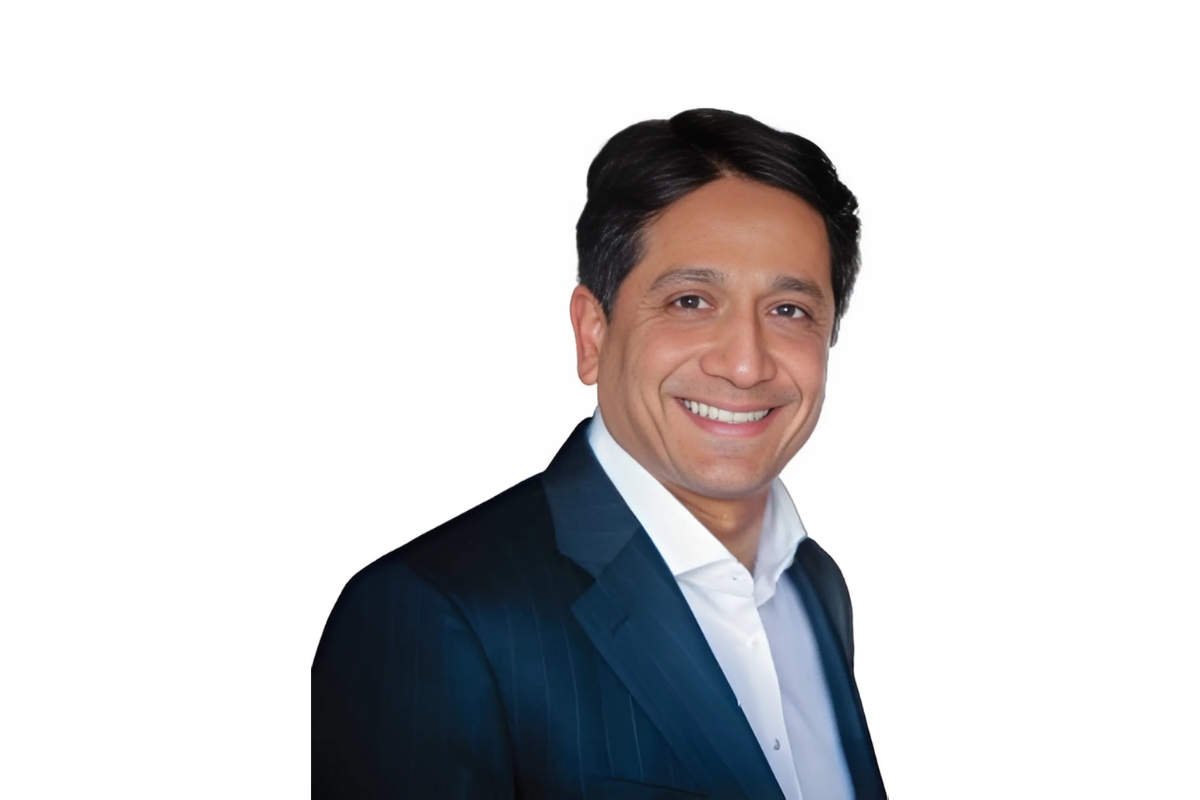For entrepreneur, author, Co-Founder & CEO of Business Brothers, Purdeep Sangha, coaching and consulting businessmen was a natural choice. From a very young age, seeing his father’s alcoholism prompted Sangha to ponder what made some men not do well in various areas of life. Armed with business successes from as early as 16, and combining his passions for fitness and personal training, he enriched his knowledge with psychology and neuroscience to deliver insights to become “The Complete Man”: a man who shines not just in business, but also in family life and relationships. He now boasts clients with businesses valued in the hundreds of millions and even a few celebrity entrepreneurs.
The Edge, A Leader’s Magazine had the pleasure to speak with Sangha and inquire about his life, experiences, and thoughts as a business strategist.
How did you start your career as a “Strategist for Businessmen”?
Well, it just kind of fell into my lap. You could say, long story short, when I was helping people out, I would say I started off trying to help them on the business side and help them with their business strategies and tactics, but I soon found out that people weren’t executing. If they don’t have the mindset or the emotional capacity to execute it well, then it wouldn’t go anywhere. For example, some men dealt with addictions, or they dealt with other challenges [and] they weren’t able to perform. […]
I saw my dad struggle with alcohol because he doesn’t know how to be fully fulfilled in life. So, I was just eight years old when I started to study his behaviour—when I started to figure out, “Why does he drink so much? What triggers him to drink? What triggers him to be happy? What makes him laugh?” That led me to the path that I started to go on at a very young age, which was [to know] how do we perform to our fullest ability? Long story short, it’s because of these skills that I’ve developed since I was a young kid that allowed me to get into this place.
What do you think is the biggest challenge to younger men today?
I feel for a lot of young men today. There’s a lot of very confusing messages out there, in terms of what it means to be a man, what masculinity is all about, about relationships, and the expectations on [them]. I’m just saying there is so much ambiguity out there. That is challenging, but if I was to sum it up in terms of a solution, we need better mentorship out there for younger men. We need better leadership out there for them.
What would you say has been the most difficult part in your journey yet?
The difficult part is sticking to it, and sticking to my own dreams, and my own visions. Everybody else has a vision of what your life should be, like what my life should have been like, the career [or the profession] I should have gone into. When I left the corporate world, I was a successful executive […], and when I left to start my own advisory firm, it was a big risk. A lot of people in my life, including my parents, thought I was making a big mistake. That’s the biggest challenge because it’s so easy to be influenced by other people. […] I had to be very clear about that — that I was going to take the path of living to the destiny that I wanted to create, not [what] other people wanted me to have.
For many young men, they might consider working hard now as an investment into their futures, ready to sacrifice personal time with their loved ones. What is your take on that?
I think there are two parts to that. A: You can’t be permanent. So, what ends up happening is a lot of guys turn that into the way they live their life for the next couple of [or few] decades, and it becomes a norm, and that’s the dangerous part because the behaviours we build end up sticking with us for a long period of time […]. As long as you are aware of saying, “Okay, this is temporary,” or “Is this truly what I want my life to be like for the long term?” [it should be okay].
The second part is to realize that you have a family, and they have needs as well. So, if you can balance longer hours but still be there for your wife, and still be there for your kids then it [is] an okay spot. I’ve seen a lot of people sacrifice their personal life for their career only to find out that in their early or even late 30s or early 40s, they’re no longer connected with their spouse [or kids]. The other thing that I would say [is] if you’re working 60 hours a week, or 70 hours a week, and you’re working for someone else; you must really evaluate whether that’s going to be an investment in your future, or you’re just really lining someone else’s pocket and sacrificing your own life for that.
Who or what would you say has been your biggest inspiration in life?
My grandfather was a big inspiration, who was a very spiritual man, [in the] Indian British army for 30-plus years. He said, “You know what, people can take away your credentials, they can take away your home, they can take away your money, they can even take away [the] shirt off your back, but the one thing they can’t take away from you are your values as [a] man,” and that’s a very strong principle that I live by. Second is my father, because my father struggled [with] alcoholism. He taught me that it was okay to cry, that it’s okay to be emotional, to show your feelings, and love other people, and be open about that. Had he been a perfect father, I wouldn’t have the skills that I have today.
If I take a look at the world outside, two big people that I love are Arnold Schwarzenegger [and Dwayne “The Rock” Johnson]. I love him because he has the discipline to work his butt off, plus he was a governor, [and] he’s a huge environmental advocate. Then someone like Dwayne Johnson, I think he is a very good role model when it comes to men. Yes, you can be buff, but you can crack a smile, and you can be emotional.
The Edge Team



















